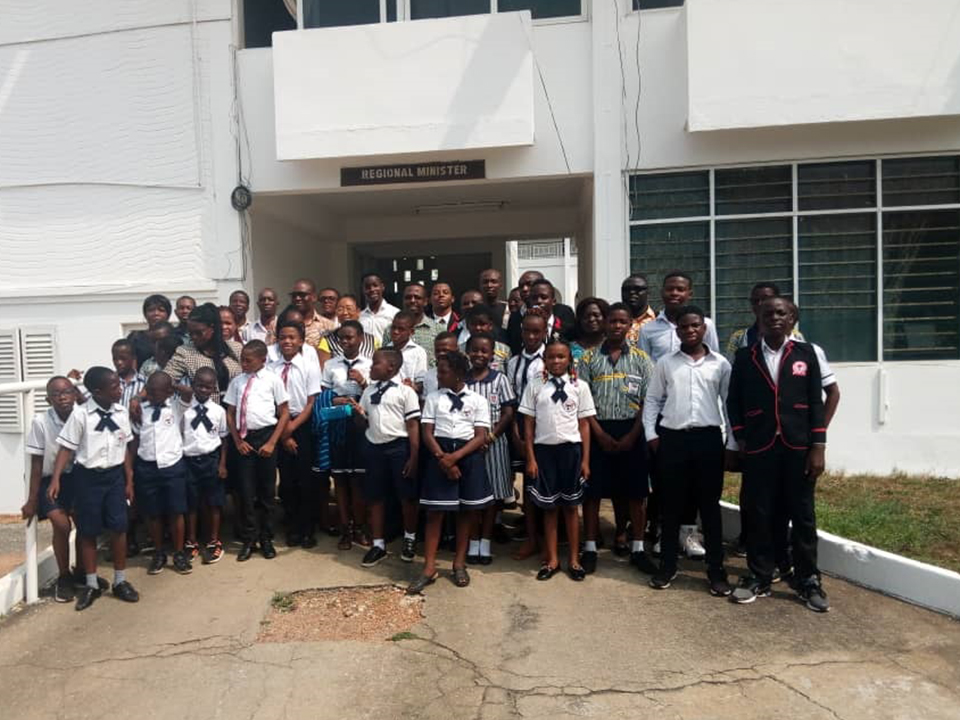A Carnegie African Diaspora Fellow from Central Connecticut State University, United States of America (USA), Dr Fumilayo Showers, has observed that many West African immigrants are attracted to heath care work in the USA because of relatively high wages and favourable work conditions.
She noted that many immigrants from West Africa migrate to USA with different professional backgrounds but convert health care professions, working as therapists, registered nurses, medical technologists and technicians. She indicated that statistics from the Migration Policy Institute, 2012, revealed that most African immigrants in the health care industry were working as nursing, psychiatric, and home health aides.
Dr. Showers was delivering a paper from her research titled “Africa’s “Care Drain” to the West: The Labor Market Incorporation of African Immigrants in the USA and Implications for Ghana as a Migrant Sending Country” at a Seminar organized by the Department of Sociology and Anthropology at the Faculty of Social Sciences Conference Room. Dr. Showers is currently embarking on a two-month Carnegie Supported research project hosted by the Department of Sociology and Anthropology.
Dr. Showers who is a Sociologist, explained that there was high demand for work force to strengthen health care institutions in advanced economies considering the rapid increase in the aging population (those 60 years and above). She said the findings of her research identified that some immigrants entered into the nursing field because “it is what is easily and readily available”. She further indicated that research participants perceived that it was extremely difficult for immigrants to secure decent jobs like banking, teaching, engineering etc. “Those who want to enter into other professions sometimes use care work as an entry point into the U.S labour force,” she added.
Unlike countries like the Philippines and India, Dr. Showers said nations from West Africa were largely absent in labour migration management and facilitation. “West Africans migrate of their own accord and volition through various channels and means and enter Health Care Work as a result of structural factors, and mostly through their own agency,” she noted. She said it was a matter of government policy in the Philippines in particular to train and export skilled labour to the developed economies.
The Carnegie African Diaspora Fellow, recommended further studies into issues relating to migration. These include “The operation of migration actors such recruiters, labour brokers, educational and credentialing institutions and their role in facilitating migration; Analysis of existing immigration policies as they relate to Health Care Worker and other types of migration; and How does Ghana engage with its Diaspora, including members of the Health Care Worker occupational Diaspora?”.
In terms of recommendations for producing and harnessing the human and financial capital of Ghanaian migrants, she asked, If not the Philippines model, what are alternatives for this context and which practices will be both productive and ethical?
On future collaborations with UCC, Dr. Showers called for joint research on the “contributions of returned migrants to Ghana including policy recommendations; and an investigation of migration aspirations among young Ghanaian adults with a particular focus on students in medical sciences and nursing.
Dr. Showers said the she looked forward to another opportunity for a Carnegie Supported Field Research and a semester sabbatical teaching and conducting research at UCC.
Dr. Showers later presented two sets of Wi-Fi routers to boost internet services to the Department of Sociology and Anthropology.

